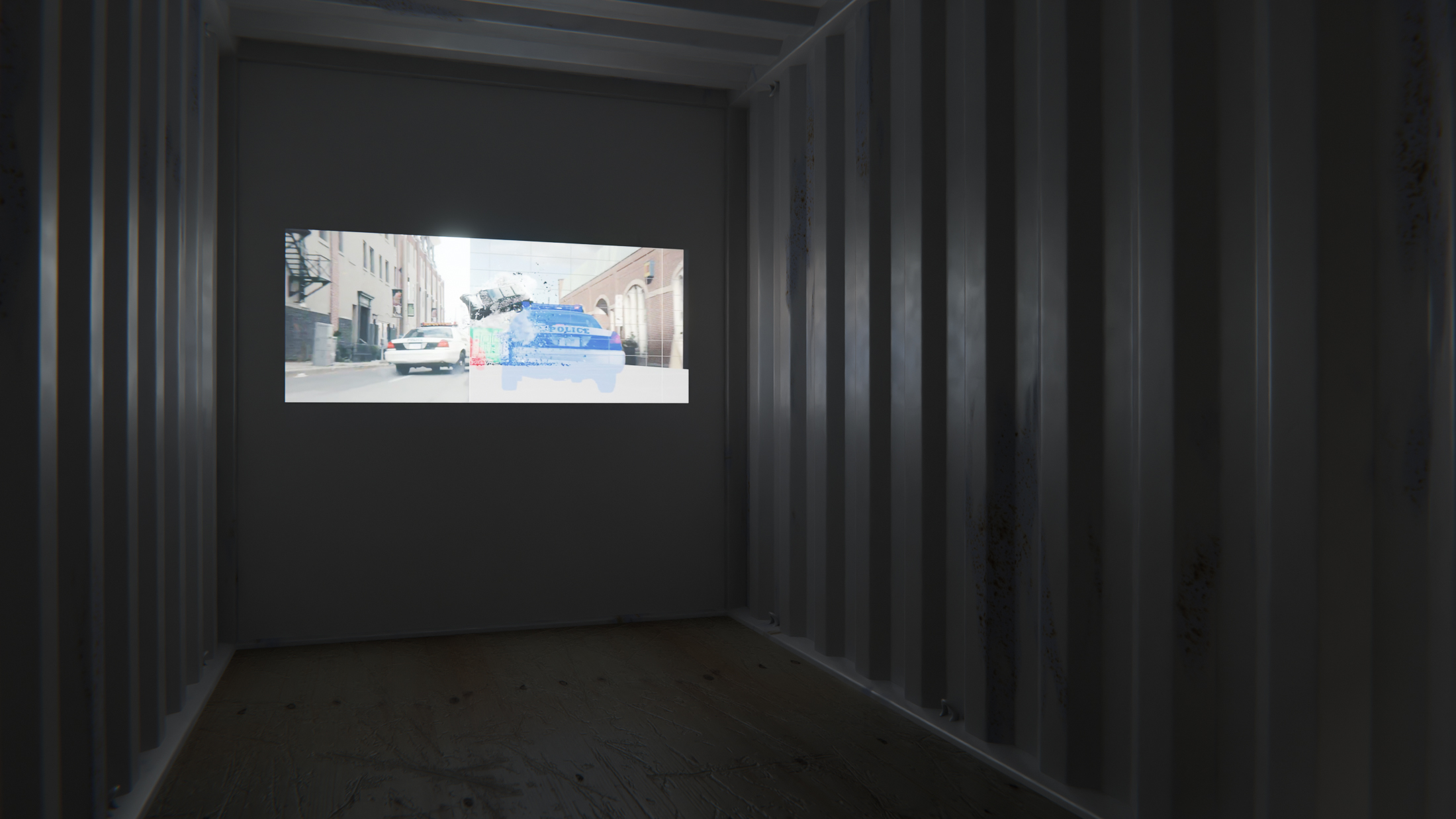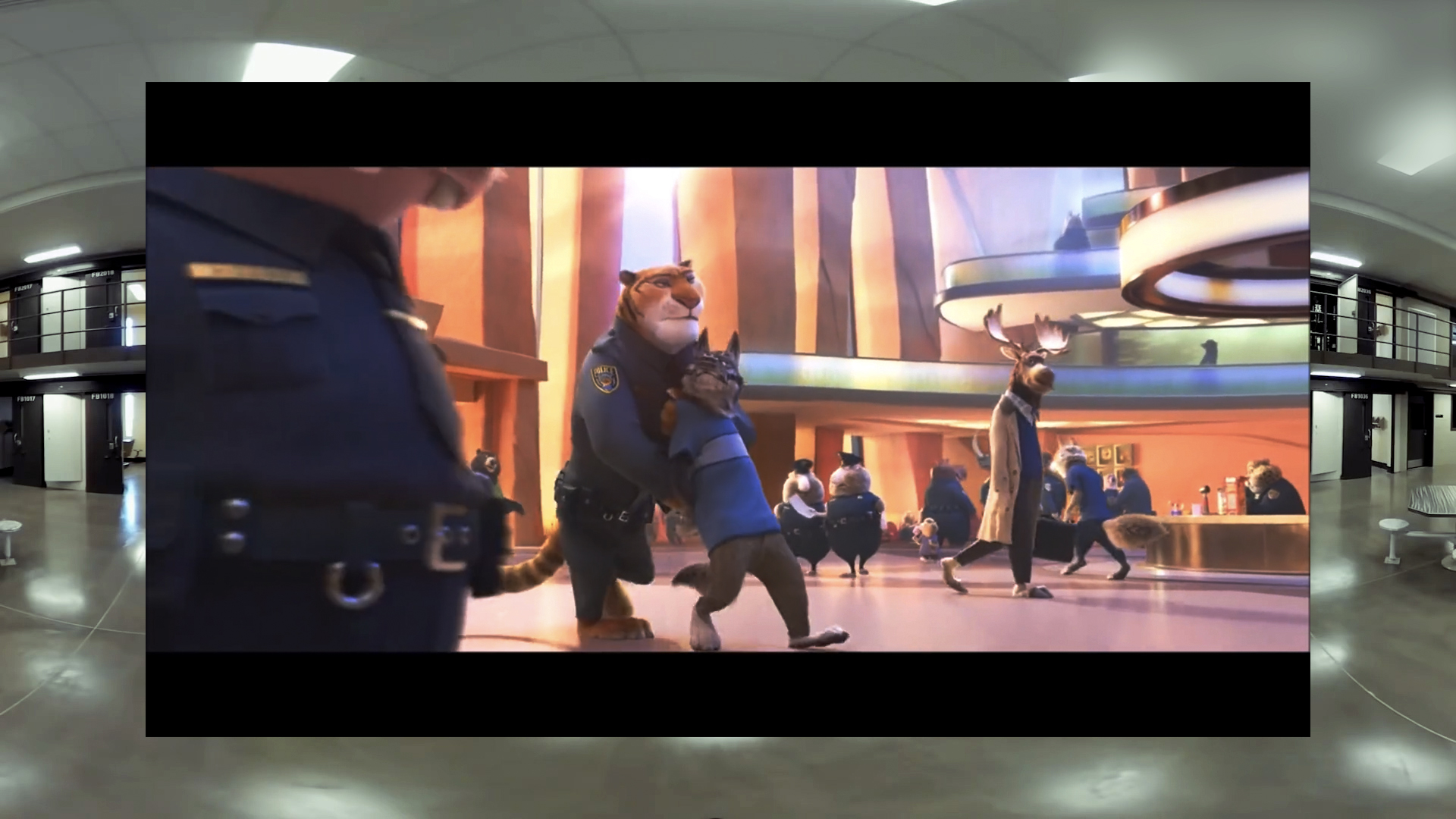



We live in an era where photography no longer enjoys a privileged relationship to realism—a status made even more tenuous by the proliferation of photoreal computer-generated images, deepfakes, and cameras that record inhuman perspectives. Given the rise of algorithmically-produced content that predicts rather than records reality, it is necessary to reconsider exactly how realistic images relate to our deeply abstract reality. Nowhere is this more pressing than in courts of law. Images of police brutality have proliferated in correlation with access to consumer-grade recording devices. These recordings have had a profound effect on social reality, eliciting numerous protests and steering political discourse, even though many of these images fail to convict when entered into courts as video evidence. Instead, law-makers prescribe more cameras—body cams for police and surveillance for citizens—insinuating that increased transparency will produce a more equitable society. Does such a response reveal the power of realist images to address injustice? Or is it a velleity that simply maintains status quo power relations?